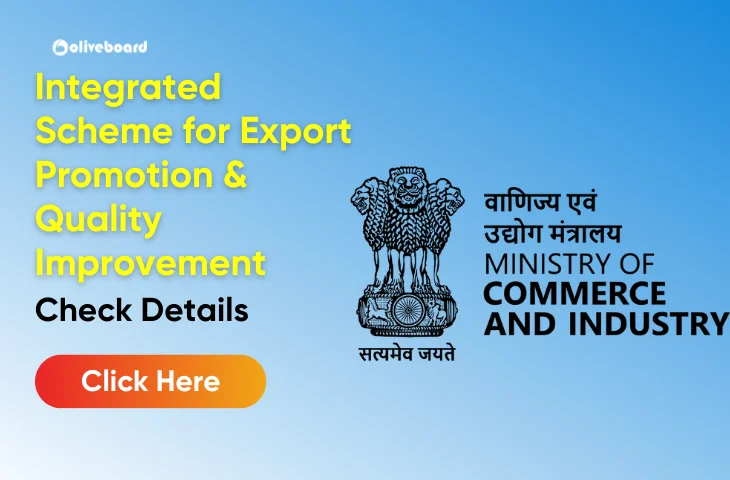Integrated Scheme for Export Promotion & Quality Improvement in Spices and Research and Development of Cardamom
The Export Oriented Production: Large Cardamom Certified Nursery (Unit) scheme is a significant component of the Integrated Scheme for Export Promotion & Quality Improvement in Spices and Research and Development of Cardamom, administered by the Spice Board under the Department of Commerce and Industry, Ministry of Commerce. The primary aim of this initiative is to encourage farmers to cultivate high-quality and disease-resistant planting materials within their own fields for subsequent replanting.
Overview table of Integrated Scheme for Export Promotion & Quality Improvement in Spices and Research and Development of Cardamom
| Aspect | Details |
|---|---|
| Scheme Name | Integrated Scheme for Export Promotion & Quality Improvement in Spices and Research and Development of Cardamom |
| Administered By | Spice Board under the Department of Commerce and Industry, Ministry of Commerce |
| Objective | Encourage farmers to cultivate high-quality and disease-resistant planting materials for large cardamom |
| Benefits | – General Category: 33.33% of production cost, capped at ₹3 per seedling – SC/ST Category: 75% of production cost, ₹6.75 per seedling |
| Time of Payment | Subsidy payments disbursed in the year following planting, contingent upon satisfactory production |
| Mode of Payment | Direct Benefit Transfer (DBT), with exceptions such as QGBG, weather-based insurance, and polythene sheet distribution |
| Eligibility Criteria | Individual growers or farmer groups with suitable land and irrigation facilities for nursery cultivation |
| Area of Operation | Sikkim, Darjeeling & Kalimpong districts of West Bengal, and other Northeastern States |
| Modalities | – Units allocated in multiples of 500, ranging from 1000 to 5000 per beneficiary – Field staff conducts follow-up visits – Surplus material supplied to neighbors at fair prices |
| Application Process | – Submission of applications to Field Offices – Additional document submission if required – Legal entity requirement for farmer groups – Inspection and recommendation process |
| Required Documents | – Parcha copy/Possession certificate – Aadhar card – Copy of SC/ST certificate (if applicable) – Copy of Bank Passbook – No Objection Certificate from panchayats |
| Impact | Enhances large cardamom production quality, provides financial support and technical guidance to farmers, contributes to spice industry growth and sustainability |
Benefits
- General Category: Receives 33.33% of the production cost of planting material, capped at ₹3 per seedling.
- SC/ST Category: Receives 75% of the production cost of planting material at a rate of ₹6.75 per seedling.
Time of Payment
Subsidy payments are disbursed in the following year after the planting of mother suckers/seeds for multiplication in the nursery, contingent upon the satisfactory production of suckers/seedlings.
Mode of Payment
Eligible assistance is transferred directly to beneficiaries through Direct Benefit Transfer (DBT), with some exceptions such as QGBG, weather-based insurance for small cardamom, and distribution of polythene sheets.
Integrated Scheme for Export Promotion & Quality Improvement Eligibility Criteria
Individual growers or farmer groups possessing suitable land and irrigation facilities for nursery cultivation are eligible to participate.
Area of Operation
The scheme operates in Sikkim, Darjeeling & Kalimpong districts of West Bengal, and other Northeastern States.
Modalities
- Units are allocated in multiples of 500, ranging from a minimum of 1000 to a maximum of 5000 per beneficiary.
- Field staff conducts follow-up visits to ensure successful nursery operations, providing necessary technical guidance.
- Planting materials from the nurseries are utilized for replanting/gap filling by applicants, with the surplus supplied to neighboring farmers at a fair price not exceeding the market rate.
- Designated officials conduct final inspections and recommend eligible cases for sanction.
Integrated Scheme for Export Promotion & Quality Improvement Application Process
- Step 1: Application Submission: Applicants submit their applications along with required documents to Field Offices located in major spice-growing regions across the country. Applications undergo screening for eligibility.
- Step 2: Additional Document Submission: Applicants may need to provide additional documents upon request, such as SC/ST certificates or legal heirship certificates.
- Step 3: Legal Entity Requirement for Farmer Groups: Farmer groups must be registered legal entities (e.g., Reg. Society/FPC/FPO/SHG/SPS) and execute an agreement with the Board on a ₹200/- stamp paper.
- Step 4: Inspection and Recommendation: Conditional permit orders are issued after preliminary inspection, if applicable. Final inspections are conducted by designated officers upon successful completion of activities. Eligible cases are recommended for sanction based on a “first-come-first-serve” criterion.
Documents Required
- Parcha copy/Possession certificate
- Aadhar card
- Copy of SC/ST certificate (if applicable)
- Copy of Bank Passbook
- No Objection Certificate from panchayats if the Land is not in the beneficiary’s name.
This scheme not only enhances the quality of large cardamom production but also empowers farmers by providing financial support and technical guidance, thus contributing to the growth and sustainability of the spice industry in India.
Frequently Asked Questions
Ans: The primary aim is to encourage farmers to cultivate high-quality and disease-resistant planting materials within their own fields for subsequent replanting.
Ans: General category farmers receive 33.33% of the production cost of planting material, capped at ₹3 per seedling, while SC/ST category farmers receive 75% of the production cost at a rate of ₹6.75 per seedling.
Ans: Subsidy payments are disbursed in the following year after the planting of mother suckers/seeds for multiplication in the nursery, contingent upon satisfactory production.
Ans: Eligible assistance is transferred directly through Direct Benefit Transfer (DBT), with exceptions for certain activities such as QGBG and weather-based insurance.
Ans: Individual growers or farmer groups possessing suitable land and irrigation facilities for nursery cultivation are eligible to participate.
- RRB ALP Vs RRB JE, Which is Better Job?
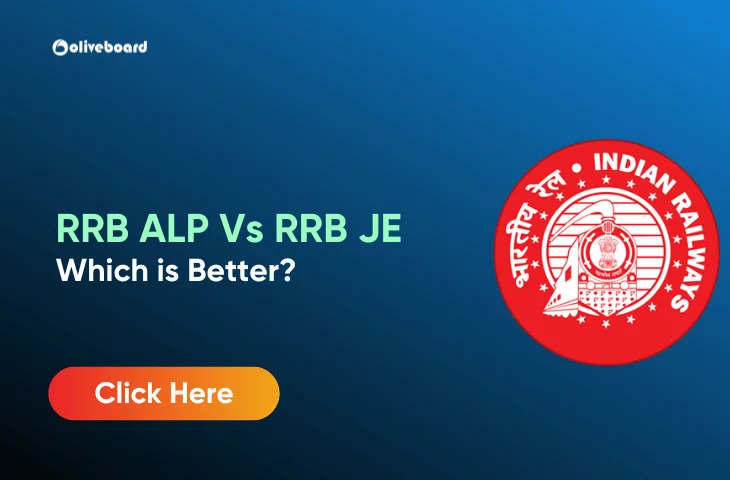
- Central Bank of India Apprentice Exam Date 2025 Out
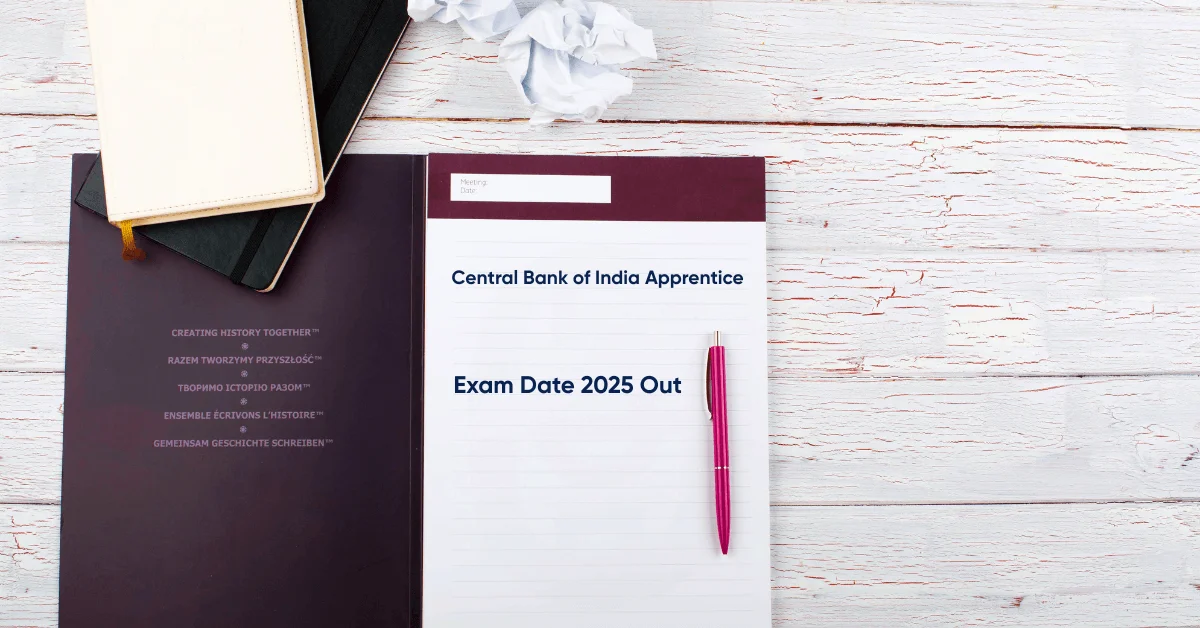
- SSC CHSL English Syllabus 2025, Check Detailed Syllabus

- SSC GD Constable Exam News & Next Notification Update
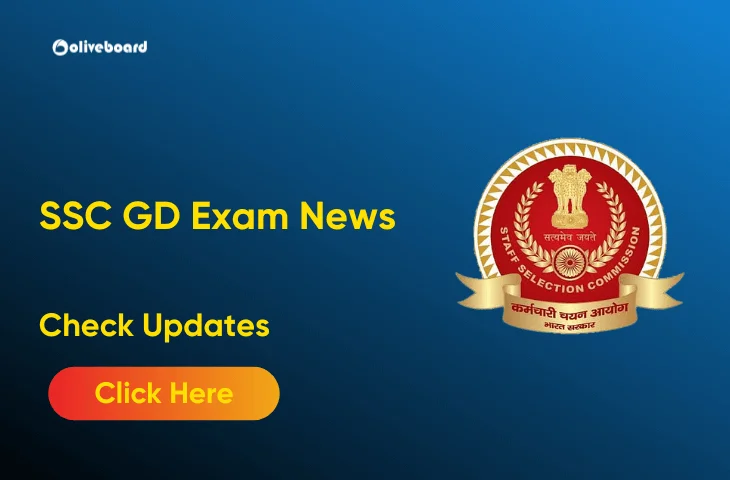
- SBI PO Handwritten Declaration 2025, Format, Image Size
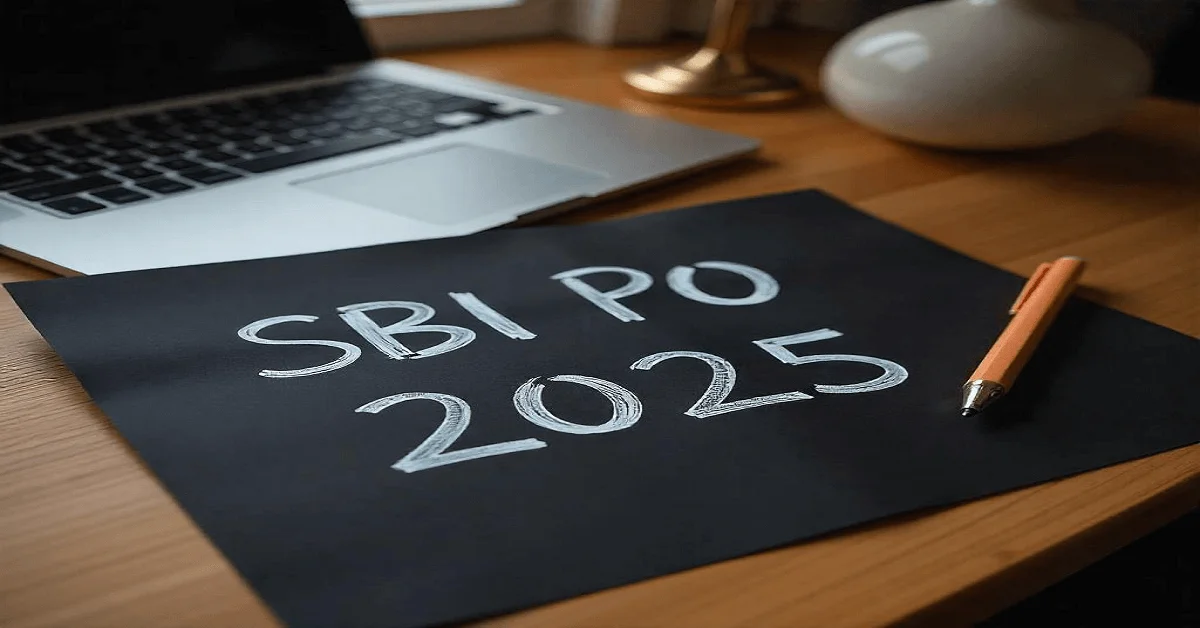
- Biology MCQs for SSC CGL, Get Solved Questions with Answers


